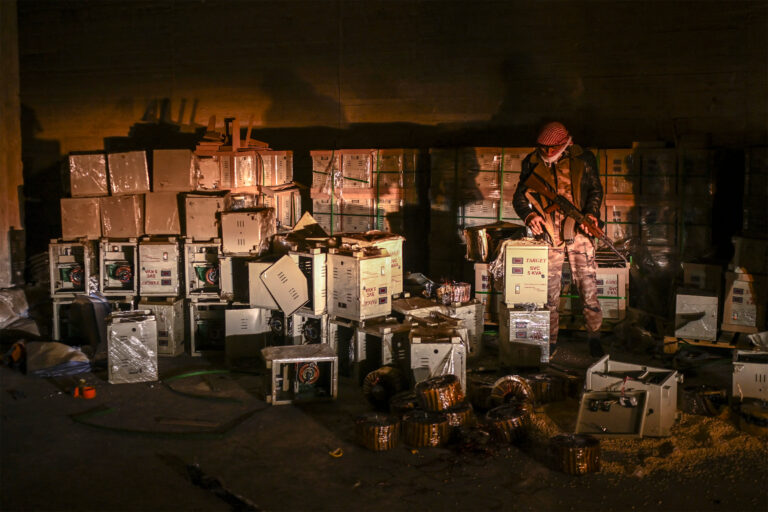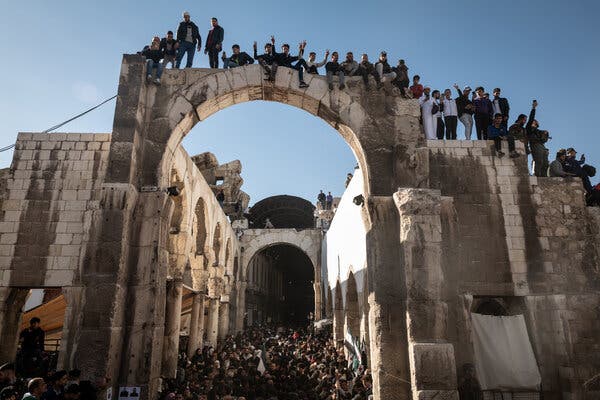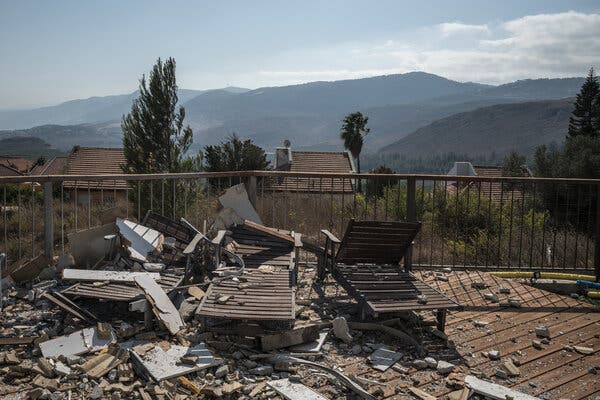The senior leader, who survived multiple assassination attempts, has been sought by the United States for bombings in the 1980s. Here is a closer look.

Ibrahim Aqeel, the Hezbollah commander targeted by Israel on Friday in Beirut, is one of the Iran-backed Lebanese armed group’s most senior leaders.
Lebanon’s health ministry said at least eight people were killed and dozens injured in the strike, though it was not immediately clear if he was among them.
He had already survived multiple assassination attempts, and the United States had offered a multimillion-dollar bounty for his capture.
A member of Hezbollah more or less since its establishment in the 1980s, Mr. Aqeel served on the group’s highest military body, the Jihad Council. Over the past two decades, Israel has slowly killed many of the Jihad Council’s members, who are some of Hezbollah leader Hassan Nasrallah’s closest advisers.
U.S. officials wanted Mr. Aqeel, who is believed to be in his 60s, for his role in two bombing attacks in 1983 that killed more than 350 people at the U.S. Embassy in Beirut and the U.S. Marine Corps barracks, many of them American citizens, according to the State Department.
Last year, the State Department posted a reward of up to $7 million for information leading to his identification, location, arrest or conviction. It said Mr. Aqeel also directed the abduction of American and German hostages in Lebanon in the 1980s.
Israel assassinated another member of Hezbollah’s Jihad Council, Fuad Shukr, in late July, in another airstrike on a building in Dahiya, a southern suburb of Beirut. Former U.S. officials called Mr. Shukr, like Mr. Aqeel, one of Hezbollah’s most senior military leaders and a confidant of Mr. Nasrallah.
Assaf Orion, a retired Israeli brigadier general, said on Friday that Mr. Aqeel was effectively the top operations officer in Hezbollah’s military apparatus, one who was involved in “numerous” attacks against Israelis.
“He’s an extremely seasoned operations veteran,” said General Orion, a former Israeli military liaison to the international peacekeeping mission along the Lebanese-Israeli border.
Israel had tried to assassinate Mr. Aqeel numerous times in the past, but each time he managed to escape with his life, General Orion said.
In 2000, Israeli helicopters fired on Mr. Aqeel’s car in an attempt to avenge the killing of a Lebanese militia leader aligned with Israel, but he managed to survive with only slight injuries. Five civilians were also lightly wounded, including an infant.
Aaron Boxerman is a Times reporting fellow with a focus on international news. More about Aaron Boxerman



